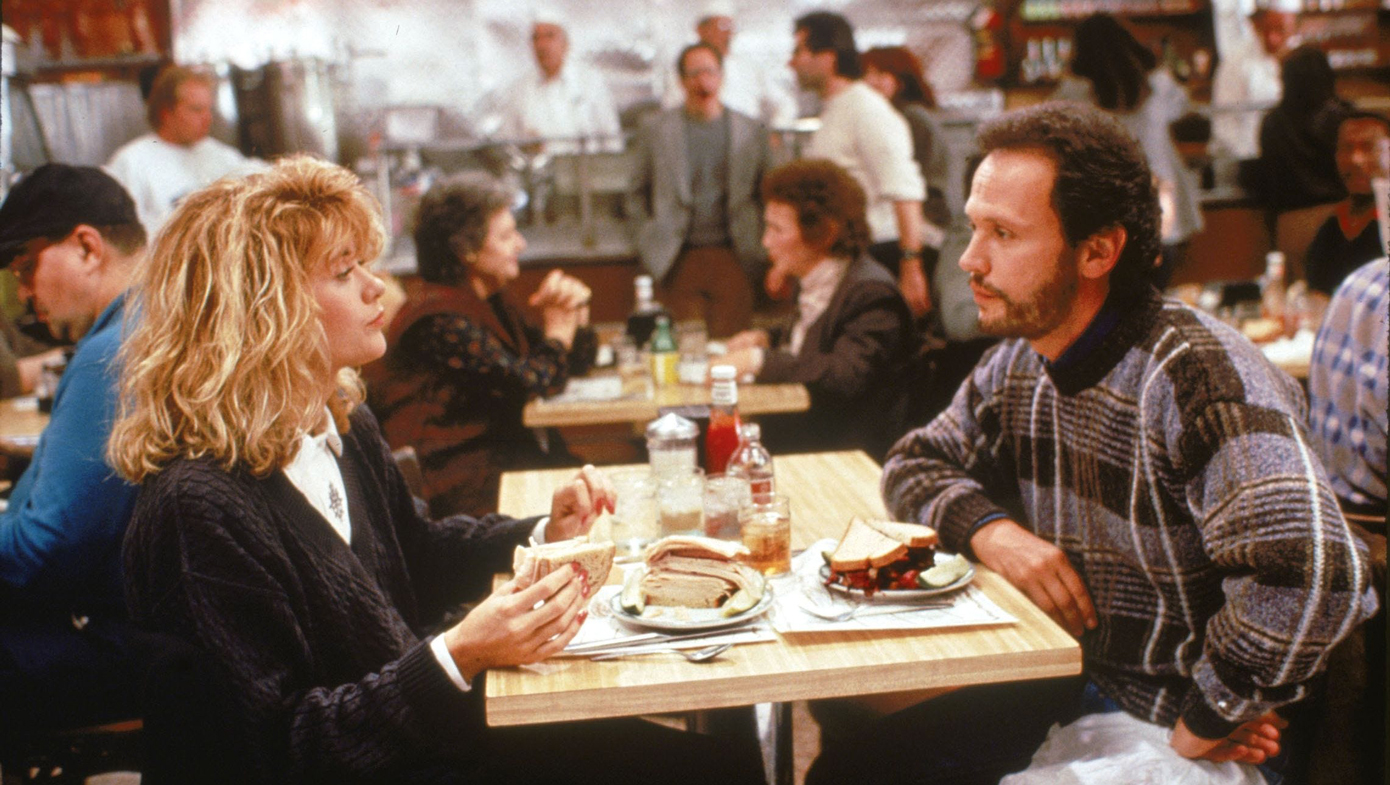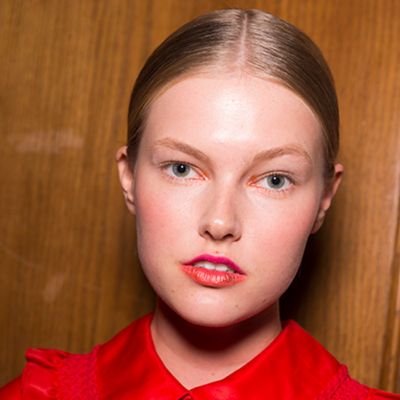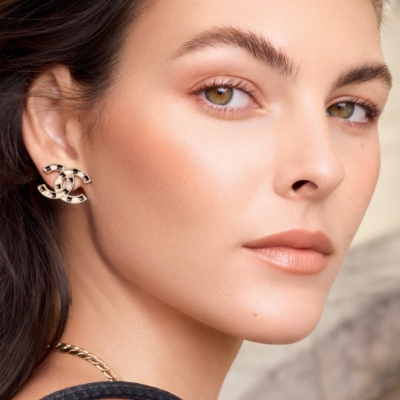It’s going to take resilience and patience with a side helping of feelgood fiction to get us through the next few months, which is why I’m rereading books by my literary muses, who have often been perceptive, articulate women with a good sense of humour …
I grew up listening to my mother laughing as she read aloud passages from Maeve Binchy’s columns in The Irish Times – a highlight of her weekend. As her husband Gordon Snell so rightly acknowledged (in Maeve’s Times, edited by Róisín Ingle), whether Binchy was observing a couple having a disagreement, watching the outlandish fantasies of the fashion industry or panicking about air travel, she wrote as she spoke; “she was perceptive and compassionate and her humour was never sneering or cruel”. As for her feel-good fiction, Binchy herself best defines its appeal: “I don’t have ugly ducklings turning into swans in my stories. I have ugly ducklings turning into confident ducks.”
If Binchy was my mother’s heroine, Nora Ephron was mine, and like most of my friends, I spent much of the Noughties re-quoting her consciously or unconsciously. Ephron wrote the screenplays for favourite films such as When Harry Met Sally, You’ve Got Mail, Sleepless in Seattle … and her tone was always knowing and smart. The eldest of four sisters, all of whom were writers, her parents were successful Hollywood screenwriters. One of Ephron’s earliest memories was of her mother at a dinner table saying, “Everything is copy.” She took that literally and wrote about her marriages (three of them), divorce (from Washington Post journalist Carl Bernstein in Heartburn) and of her impending death in I Remember Nothing. When asked to contribute to a book of six word memoirs she wrote: “Secret to life, marry an Italian.”
Ephron’s heroine, as detailed in several of her collected essays, was Dorothy Parker – a woman who made her living by her wit and wrote for The New Yorker. Ephron moved to New York to try and be Parker but soon realised that Parker’s wit was sometimes incredibly mean and her life not that glossy. For further proof read Parker’s biography You Might As Well Live by John Keats, which details her suicide attempts, squalid hotel bedrooms, unhappy love affairs and marriage to a homosexual.
Prodigious wit is often underpinned by personal pathos or sadness.
Fellow New Yorker contributor and writer Maeve Brennan (originally from Dublin) was also admired in New York society for her intelligence, wit, beauty, and style. She was fey and fierce – a petite, eccentric woman who frequently dressed in black and liked wearing large, dark glasses. A compendium of her satirical writing The Long-Winded Lady: Notes from the New Yorker was published in 1969, and reveals a common truth – prodigious wit is often underpinned by personal pathos or sadness.
Look no further than Jane Austen, whose timeless social observations were acknowledged as a source by novelist Molly Keane, originally from Co Kildare. Keane published eleven novels under the pseudonym MJ Farell, before writing the classic, crisp and comic Good Behaviour in her own name (it was shortlisted for the Booker prize) and mentioned by the late, great Diana Athill as one of her favourite books. A most-loved quote from the book is: “Our good behaviour went on and on, endless as the days. No one spoke of the pain we were sharing. Our discretion was almost complete.”
If I read Keane, Ephron and Austen in my twenties I also enjoyed listening to Joyce Grenfell’s famous monologues. Nativity Play and Nursery School – Flowers still make me laugh out loud – and they recall a nostalgic era when being funny was possible without using expletives or flogging any (politically correct) agenda. Grenfell’s fly on the wall technique was honed by a lifetime of looking and listening. “Sometimes it is necessary to wade through a clutter of talk to get to the pearl” was her belief, and she would often take bus journeys, miles out of her way, when eavesdropping on conversations in search of that elusive pearl.
Comedian Victoria Woods was entranced by Grenfell’s conversational style, as documented in her recently published authorised biography Let’s Do It by Jasper Rees. Somewhat presciently Woods once remarked on stage “Maybe I should start having an affair because somebody will want to write a biography of me one day and there’ll be nothing to put in it … Perhaps I’ll just settle for a very, very thin biography. Was born, lived, told a few jokes, knackered a few bras in the tumble drier, died.” Like Ephron, Woods died of cancer though neither were diminished by the disease. The American Tina Fey also aces monologues and her memoir Bossypants, follows in Ephron’s honest empathetic tradition.
I used to inhale Jilly Cooper’s bon mots until I overdosed on her racy reads, which I believe became quite formulaic but remain a rite of passage for many. Cooper also wrote the foreword in my well-thumbed copy of EM Delafield’s Diary of a Provincial Lady. First published in 1930, and never out of print since, this funny fictional diary gives the inside scoop on life as an upper middle-class housewife in the 1920s. The Provincial Lady writes like Helen Fielding’s self-deprecating heroine Bridget Jones. An example: “January 22nd – Robert startles me at breakfast by asking if my cold – which he has hitherto ignored – is better. I reply that it has gone. Then why, he asks, do I look like that? Feel that life is wholly unendurable, and decide madly to buy a new hat.”
Diaries, of course, present scope for revising the truth with a humorous slant. Brigid Keenan’s amusing description of expat life resonated in Diplomatic Baggage: The Adventures of a Travelling Spouse (I too lived with a diplomatic attaché for many years). Keenan’s other works Packing Up: Further Adventures of a Trailing Spouse and later Full Marks for Trying are both in the “humorous hindsight” genre. Nowadays she writes for The Oldie, to which my mother subscribes, and I secretly enjoy reading.
Bang up to date on the diary front is Emer McLysaght and Sarah Breen’s Oh My God, What A Complete Diary – guaranteed to raise a smile each and every day of the year. Something that is (already) much needed in 2021…

Oh My God, What a Complete Diary 2021 by Emer McLysaght and Sarah Breen (Gill Books, €14.99).
LOVETHEGLOSS.IE?
Sign up to our MAILING LIST now for a roundup of the latest fashion, beauty, interiors and entertaining news from THE GLOSS MAGAZINE’s daily dispatches.











